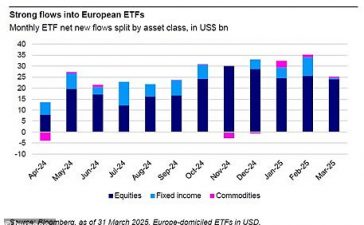The UK has given property developers six weeks to sign up to an industry-funded £2bn repair scheme aimed at protecting thousands of tenants in England in the wake of the Grenfell Tower blaze or face “significant consequences”.
Developers have received contracts, drawn up by the Department for Levelling Up, Housing and Communities, that will commit them to pay to repair unsafe buildings that are more than 11m high that they built or refurbished in the past 30 years, the department said on Monday.
Those that do not sign or do not comply with the contracts will be blocked from “carrying out development and from receiving building control approval”, under a “responsible actors scheme” to be created under legislation to be introduced this spring.
“There will be nowhere to hide for those who fail to step up to their responsibilities,” said Michael Gove, the levelling up secretary who is responsible for housing. “I will not hesitate to act and they will face significant consequences.
Some 49 companies, including the biggest operators in the sector such as Barratt, Persimmon, Taylor Wimpey and Berkeley Group, have indicated they support the initiative, which was first set out in April. The government approached 54 businesses.
The initiative is the government’s response to the 2017 Grenfell Tower fire in west London in which 72 people died. An inquiry concluded that unsafe cladding installed on the building contributed to the extent of the fire.
Measures to protect tenants living in potentially unsafe buildings were proposed in 2019 and Gove admitted recently that the government should have “moved more quickly” to protect tenants.
Under the contracts, developers collectively will commit an estimated £2bn or more for repairs to buildings they developed or refurbished and reimburse taxpayers for money spent to repair unsafe buildings.
This means that, together with a building safety levy that aims to raise £3bn over the next 10 years, the industry will eventually contribute an estimated £5bn to make buildings safe.
The commitment from builders and developers would save tenants from costly repairs for “serious safety defects”, including non-cladding related issues, the statement said. It did not say when repairs must be completed by.
Gove will also seek to ban managing agents and freeholders from taking commissions when they take out building insurance, Monday’s release said, adding that this was in response to a report from the Financial Conduct Authority, the financial industry regulator, that suggested commissions make up almost a third of premiums. Some leaseholders have fought for transparency over these commissions and taken legal action against exorbitant charges.
Lisa Nandy, the shadow levelling-up secretary, said the opposition Labour party supported the principle of the policy.
“However, the secretary of state has claimed he’s been tough on this before. It has been one year since he last made this demand on developers,” she said.
“Five years after the Grenfell tragedy only 7 per cent of flats at fire risk have been fixed, and millions are still left with unsellable properties and eye-watering bills.”
The government and industry have been grappling for half a decade over how to remedy safety flaws in high-rise buildings that were brought to light by the Grenfell disaster.
Some housebuilders believe that ministers have unfairly targeted UK-based developers while ignoring those located overseas and manufacturers of cladding materials.
The official Grenfell inquiry has explored allegations of industry cost-cutting and government deregulation as well as insufficient safety tests by cladding and insulation manufacturers.
Gove has led a big shift in the government’s approach to the problem since he became levelling-up secretary in 2021, forcing the industry to take a greater share of the costs of remediating problematic buildings.
Under Robert Jenrick, the previous housing secretary, leaseholders in buildings between 11m and 18m high would have been responsible for repairs to their buildings.
Additional reporting by Ian Smith











